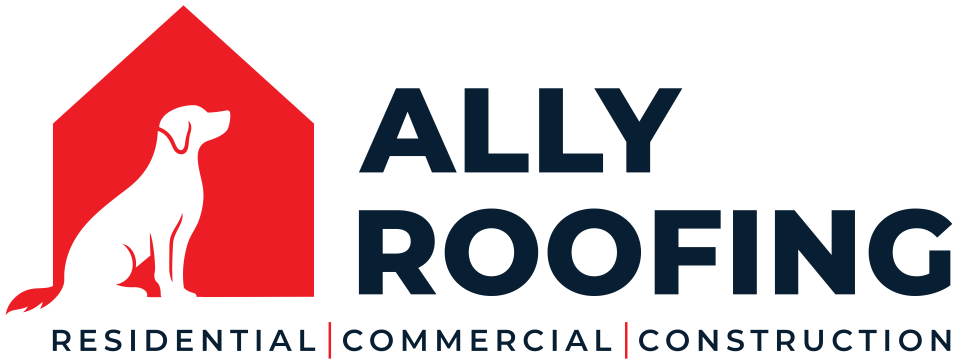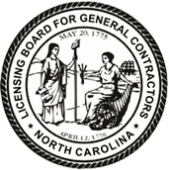Garages, both attached and detached, are usually overlooked when it comes to home maintenance. Homeowners and occupants only take the necessary steps when they’ve already suffered garage water damage. If a mold situation is already present, there is little you can do aside from calling in the professionals.
To prevent heavy precipitation, such as rain or snow, homeowners should pay more attention to properly sealing their garages and preventing mold growth.
Properly Prevent Garage Water Damage
To prevent garage water damage from creating a haven-like condition for mold, sealing your garage is important. Once water enters the garage you will have limited time to prevent further problems.
Water intrusion and mold growth not only damage the garage’s structural integrity but also negatively affects the vehicles parked inside. Protect yourself, your home, and your vehicle from these negative effects by taking preventive measures against garage water damage. Prevention is better than remediation. If you can, consult with a professional.
In this article, we’ve provided a few tips to help prevent garage water damage and avoid unwanted mold growth.
1. Garage Inspection
Pay close attention to any cracks or wear and tear your garage may have endured. A crack can lead to a leak and if not properly dried, will result in a mold problem. Fix all encountered leaks immediately.
2. Have a Good Drainage System in Place
There are several ways water can get into your garage. Heavy rains, snow, and even your vehicles. This accelerates mold growth inside the garage. Once water enters your garage, you have to make sure it is removed as soon as possible. A good drainage system as well as a proper floor slope with help you achieve this result.
3. Proper Garage Storage
If you use your garage as a storage area as many do, make sure to keep your belongings away from water. Many items can serve as a source of food for mold resulting in growth.
Install shelves in your garage to store your items and avoid keeping them on the floor. Sometimes garage flooding during heavy rainfall becomes unavoidable. You can avoid moldy complications by keeping the contents inside dry.
4. Control the Humidity
Maintain a well-ventilated garage. A garage is a home to many damp and dark areas which are perfect areas for mold growth to occur. Reduce the chance of this happening with proper humidity control.
One of the most common causes of mold is high humidity. This is often due to a lack of windows, air vents or any type of air ventilation. In order to reduce garage humidity, install dehumidifiers and maintain a humidity level between 30% and 50%.
Increase air circulation daily by opening the garage door or window for a couple of hours each day. This is especially useful during the sumer months. Fresh air is very important for mold prevention.
5. Reduce Surrounding Plant Growth
Cut down on shrubs or plants that have grown near your garage walls. The greenery can often cause cracks in the walls or ceiling, increasing the potential for leaks and water intrusion. Plants and shrubs also tend to accumulate moisture which when nearby can cause garage water damage.
When Its Time to Call in an Expert
These tips are helpful for the prevention of the situation but there are times when an expert is necessary. If you notice garage water damage or suspect mold growth, then it’s always better to schedule a professional mold inspection from a trusted and reliable local company.
It always pays to be well prepared for whatever the future brings. This is also why you should have a restoration company you know and trust. Mission Restorations has experts in fire, water, and mold restoration. If ever in need of services, don’t hesitate to call the best damage restoration team in Charlotte and its surrounding areas at 704-727-2000.



